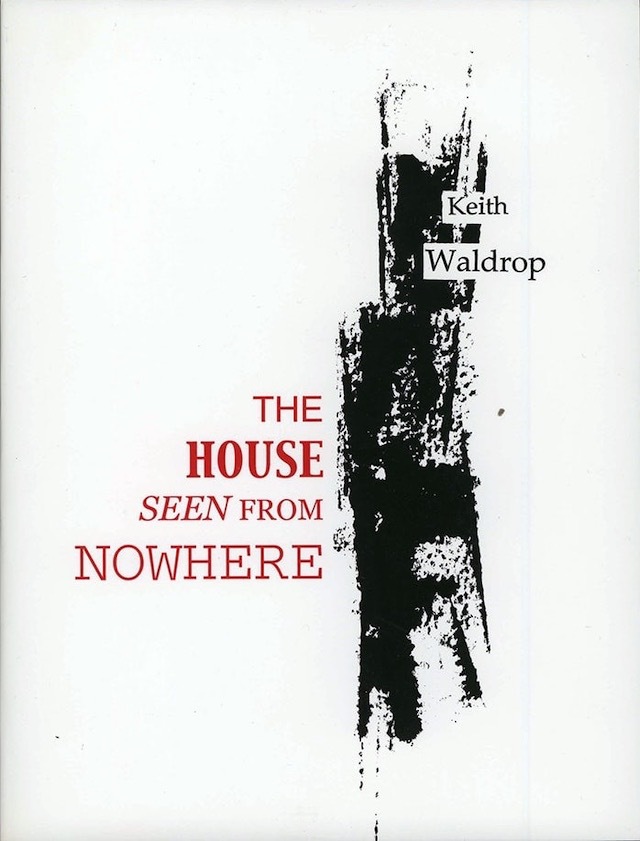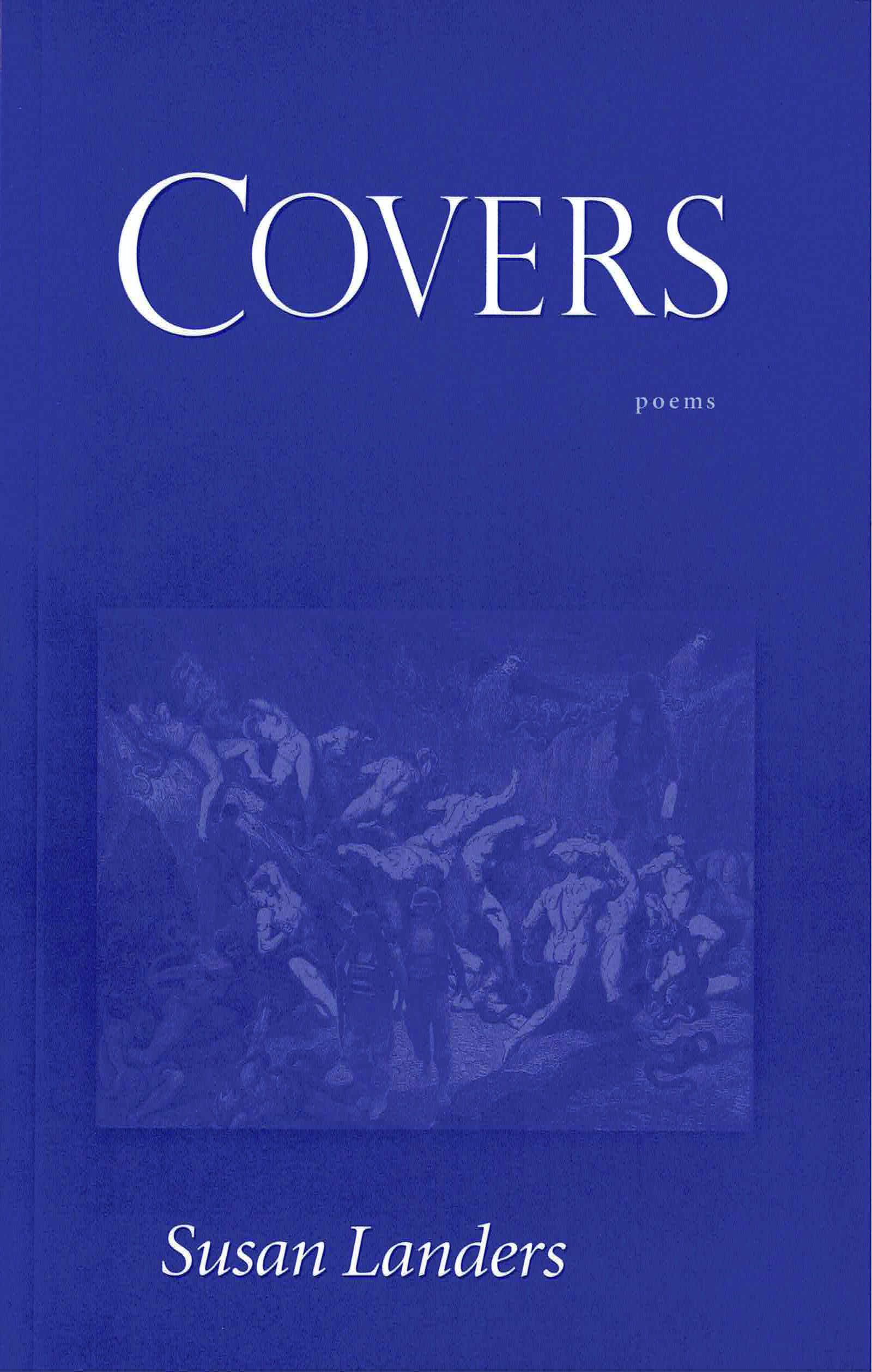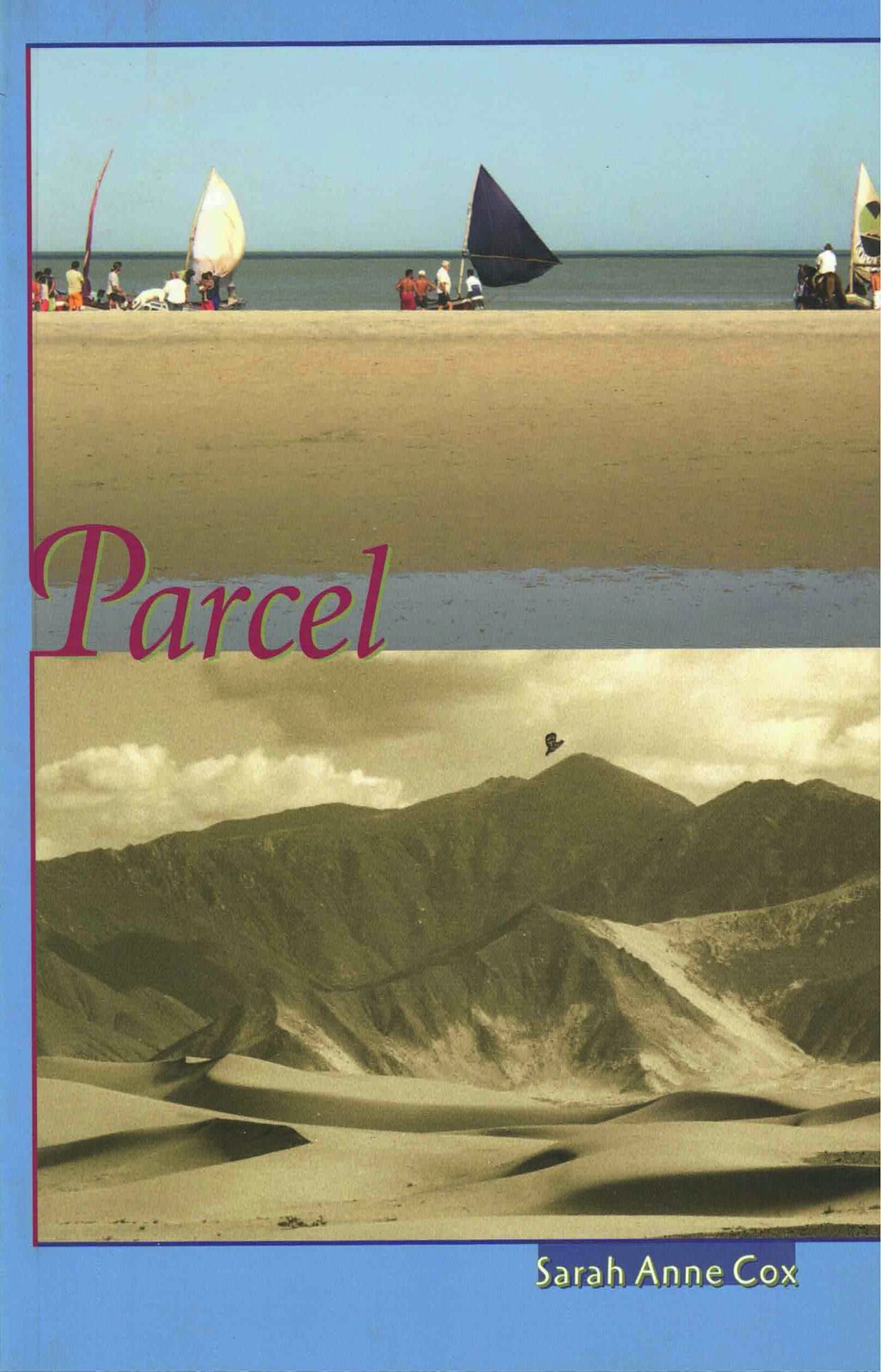Self-Destruction is an uneasy harmonics between self, self-representation, and other. Dissonant and deceptive, their frequencies resound throughout the text, amplifying and collapsing difference. In the cosmology of Self-Destruction, the unified “I” breaks into a constellation of truths existing at different moments. Phrases gape unfinished or aslant, syntax squirms, and strips of prose replace rhyme with rupture. Yet the song calls for its response. At a time of no moon, Moriarty asks, what is fate? What truth is capable of surviving its repetition?
Laura Moriarty
Praise for Self-Destruction
“My mind. Our work. The war.” In Self-Destruction Laura Moriarty powerfully presents us with a mystery. An author is being pursued by her character. She sees this and she sees that. One of the two has to pay for the other. “But the world is a threat.” While we hope for ambiguity-ending relations in this time of transitive, empty war nothing is ever settled.
— Susan Howe
In producing a poem the poet disappears, as with his Let there be light God put himself in the dark. Laura Moriarty is hidden in or excluded from these beautiful poems of Self-Destruction—which live their own luminous lives.
— Keith Waldrop
Although it is insulting to be “selfish” one loves the habit of saying “I…”—we have good reason to be skeptical of that habit. So while love is the first principle of Self-Destruction, Moriarty observes it in couples, couplets, and tempos that do themselves in with joy. Musically, thoughtfully, emotionally, this is a practical book. Live with it.
— Patrick Durgin





Returning repeatedly to the ways in which war and empire form the unreachable horizon of subjective experience, these poems are remorseless and poignant at once: “I don’t miss my friends/ Who have become unknown to me/ The truth can’t be communicated/ The war keeps us in touch.” …[O]ne of the best books of poems to be published so far this year.
— Publishers Weekly